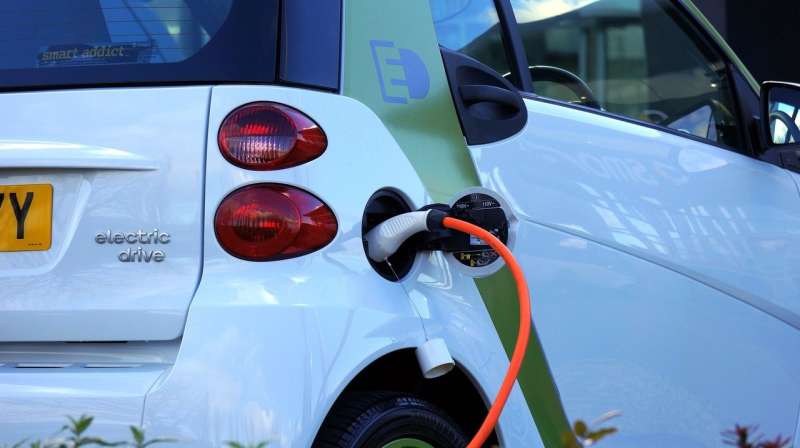Taxing electric vehicles will impact 2023 UK motoring trends, says operations expert

Dwindling government income from car sales may mean the introduction of taxes on electric vehicles (EV) in 2023, according to a leading operations expert.
It has been announced that sales of electric cars have surpassed those of diesel models for the first time in the U.K. This is partly due to global supply chain disruption and a drop in overall car sales, as U.K. carmakers continue to recover from the aftermath of the pandemic.
ManMohan Sodhi, professor of operations and supply chain management at Bayes, says these trends may not hold for the long term. He also highlighted possible government intervention in the form of taxes for EVs or slowing down the planned expansion of EV charging points.
“The government is receiving continually reduced revenues from car sales,” said Professor Sodhi.
“Therefore, there is a distinct possibility that they will impose taxes on electric cars and simultaneously slow down the rollout of the charging network infrastructure to collect taxes on non-electric cars. Both would dampen future electric car sales of either plug-in variety. But true hybrids will not be affected.
“We know that the number of new cars being purchased in the U.K. has been falling year-on-year since 2020. This may reverse in 2023 as more cars become available due to the easing of the chip shortage.”
EV sales rose by more than a quarter in 2022 to total more than 16% of sales, while diesel demand fell to less than 10%. However, the number of diesel cars sold may still be slightly more as the price of typical electric cars sold in the U.K. can be 1.7 times that of a diesel car.
Professor Sodhi says he expects the amount of people investing in either electric or hybrid models will increase, as competition leads to lower prices, although a lack of charging points may continue to be a barrier to those who are considering investing in a plug-in vehicle.
“Another trend is the move towards electric and hybrid cars, whether true hybrid or plug-in. The trend towards more electric cars will continue despite charging constraints—those who can charge their cars will buy pure electric.
“The preference for true hybrids over plug-ins at 2:1 suggests that charging, not required for true hybrids, is a constraint for all plug-ins.
“I expect the price of electric cars to drop as technology improves and competition heats up among manufacturers. Lower prices would benefit electric car sales, particularly the pure kind.”
Petrol cars remained the most popular option for U.K. buyers last year, accounting for more than half of sales. Hybrid models were 11.6% of the market and plug-in hybrids that can recharge were 6.3%. While 2022 was the worst sales year for U.K. carmakers since 1992, Professor Sodhi says these percentages will change this year. Which direction they go in is another question.
“As people in the U.K. will buy more cars in 2023 and 2024, it is anyone’s guess whether it will be pure electric cars or true/plug-in hybrids that will grab people’s attention, as they are attracted to electric cars but have to hedge against charging constraints that will continue.”
Citation:
Taxing electric vehicles will impact 2023 UK motoring trends, says operations expert (2023, January 10)
retrieved 10 January 2023
from https://techxplore.com/news/2023-01-taxing-electric-vehicles-impact-uk.html
This document is subject to copyright. Apart from any fair dealing for the purpose of private study or research, no
part may be reproduced without the written permission. The content is provided for information purposes only.
For all the latest Technology News Click Here
For the latest news and updates, follow us on Google News.

